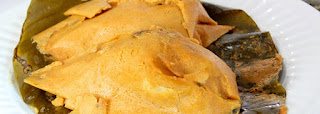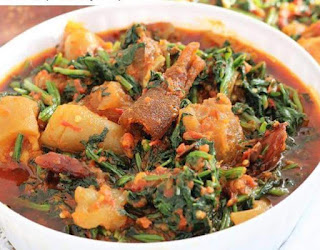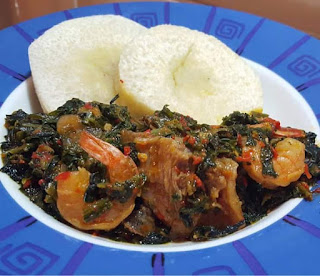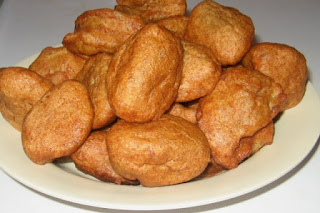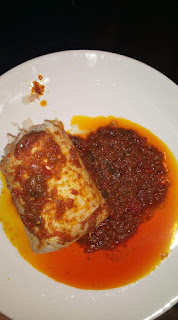Ìlà Asepo (Okro Soup)

Ìlà Asepo (Mixed Okra) is a very popular delicacy among the Yoruba ethnic group of western Nigeria. It is very easy to prepare and very affordable as well. Ila Asepo is the Yoruba way of cooking Okro. And it's so delicious. Okra is rich in Fibre, protein, Vitamins k/c, Folate and Magnesium. This soup is very rich as it contains a lot of varieties of protein. INGREDIENTS - Fresh okro (sliced) - Assorted meat (beef, ponmo, cowleg) - 1 medium stockfish (cut into small sizes) - 1 medium size dry fish (thoroughly washed) - Locust beans - Bicarbonate Soda instead of potash (Kaun) - Grounded crayfish - 4 Fresh peppers(chilies) - pumpkin leaves (Ugwu) (Optional) - 2 stock cubes (Knorr chicken) - 3 cooking spoonful palm oil - Salt to taste Cooking Directions. Wash the ugwu/pumpkin leaves thoroughly with plenty of water, slice into thin strips and set aside. Wash the meat and place in a large pot. Add 1 onion chopped, 2 pepper chopped, salt and 2 maggi/knor cube

